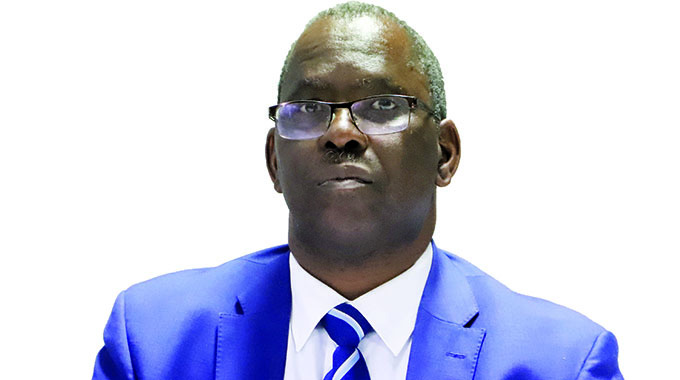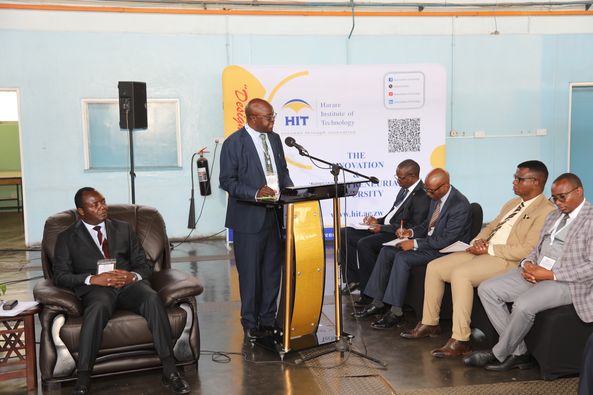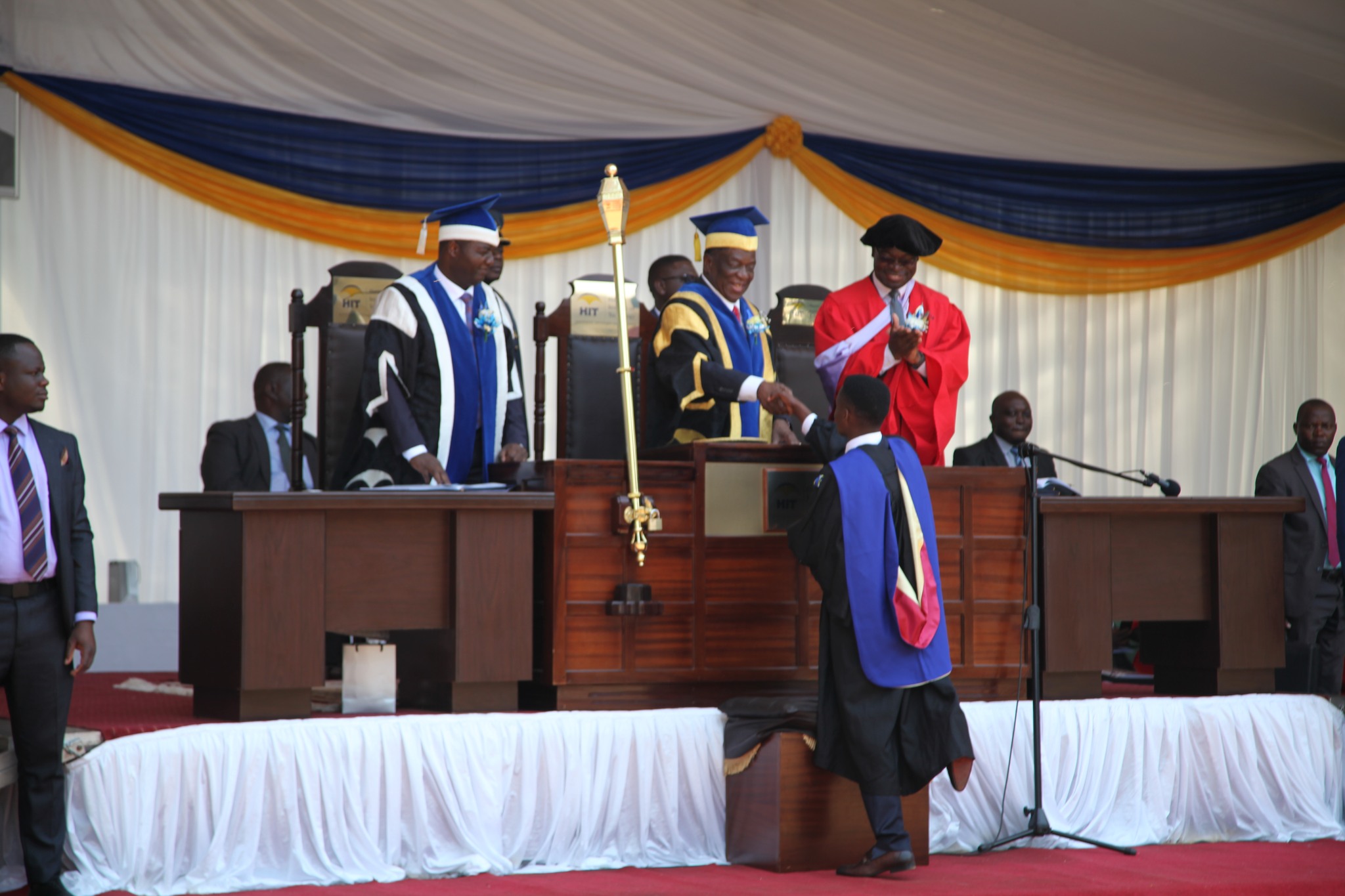A two-day Indaba for the National Research and Education Network (NREN) Chief Executive Officers’ Indaba was held at Cresta Sango Lodge in Harare from the 3rd to the 4th of May 2023.
This 17th Annual General Meeting was hosted by ZIMREN and attended by board members, NREN CEOs and NREN representatives. NREN CEOs Indaba is a capacity-building meeting that brings together NREN member CEOs to discuss matters of mutual concern.
The Indaba was addressed by the Permanent Secretary for the Ministry of Higher and Tertiary Education, Innovation, Science and Technology Development, Prof Fanuel Tagwira, who applauded efforts by Ubuntu Net Alliance to partner with the National Research and Education Networks (NRENs) to bring internet connectivity at universities.
”Zimbabwe is indebted to Ubuntu Net Alliance, which is working with NRENS across east and southern Africa. Zimbabwe Research and Education Network is being assisted to facilitate and support research and collaboration for the transformation of the higher education and research sectors. This collaboration is set to provide affordable broadband connectivity and related network services.
“I am confident that through Ubuntu Net Alliance, new developments in areas such as connectivity, value-added services, like Trust and Identity, Cloud and Storage, Digital Object Identifiers, and Digital SSL certificates, collaboration and learning, cyber security and capacity building will continue to be enhanced to promote our research as a nation, region and continent,” he said.
He added that the collaboration was set to provide affordable broadband connectivity and related network services.
Professor Tagwireyi called on higher and tertiary education institutions to drive the process. “This infrastructure is set to benefit higher and tertiary education students by providing the necessary environment to create high-tech business enterprises necessary for the new economy,” he said.
“This initiative shall also support young entrepreneurs in the search of scientific solutions to national, regional and international challenges and leads towards the commercialisation of research results that would have gone through the incubation process in the innovation hubs since we have established innovation hubs, industrial and agro-innovation parks at universities and colleges.”
The Indaba was attended by the Technical Manager for UbuntuNet, Joseph Kimali, Board Chairperson of the Zimbabwe Research and Education Network (ZIMREN) and HIT Vice Chancellor Dr Engr Quinton Chamunorwa Kanhukamwe, Chief Executive Officers of the various National Research and Education Networks (NRENs), Director for ZIMREN, Mrs Miriam Chahuruva, delegates from different Government Ministries, as well as staff for UbuntuNet and ZIMREN attended the Indaba.
In his welcome address at the NREN CEOs Indaba, the Board Chairperson of the Zimbabwe Research and Education Network (ZIMREN), Dr Engineer Quinton Kanhukamwe, who is also the Chairperson of the Zimbabwe Universities Vice-Chancellors Association (ZUVCA) and Harare Institute of Technology Vice Chancellor, outlined the organisation’s objectives as the promotion of national research and education network for Zimbabwe on behalf of Public and Private Universities, Research Institutes, and other appropriate institutions.
“ZIMREN was formed to promote and safeguard the interests of its members in furtherance of their objectives as well as to secure communication network services including but not limited to broadband interconnectivity between participating institutions, and other networks in Africa, and globally.”
“It also undertakes capacity-building programmes aimed at promoting increased effectiveness in the utilization of information and communication technologies including secure access to new technologies, services, capabilities, and other value-added services as may be developed from time to time,” Dr Engineer Kanhukamwe said.
High costs of bandwidth as sourced from commercial network providers, as well as low levels of network availability and reliability, were some of the driving factors that prompted the universities to come together and form ZIMREN. Before its formation, Zimbabwean Universities have a registered association called the Zimbabwe Vice-Chancellors Association (ZUVCA), which meets regularly to discuss common issues impacting universities. The ideas generated in this forum, as well as international and regional experiences, led the universities to register ZIMREN, as a company, set up through an association, in 2013, and limited by guarantee. At the setting up stage, eight universities signed on as members, and other universities have since subscribed as members.
According to Dr Engr Kanhukamwe, ZIMREN was effectively brought to life with the recruitment of a Director in October 2016. “ZUVCA resolved that each of the universities contributes to the startup capital for ZIMREN. The universities are keen to see the establishment of dedicated links between them, as well as access to regional and global resources.”
“Acting as a consortium, the universities want to see a reduction in the cost of bandwidth, whilst they also increase the bandwidth to meet the ever-increasing demand arising from more usage by students, faculty, and researchers, as well as the demands arising from the need to access global resources and to collaborate,” said the ZIMREN Board Chairperson.
Currently, 15 Universities are connected to ZIMREN via TelOne through the agreement between these two parties and ZIMREN will be getting bandwidth from Unbuntnet in the second phase which should see prices coming down after the initial phase of moving from Telone. Ubuntunet has a point of presence in Harare with a capacity of 2500mbps at affordable prices compared to the local bandwidth prices.
“ZIMREN now needs to acquire Afrinic IP addresses to access UbuntuNet bandwidth access and it is required to make a counterpart payment of EUR20 000.00 to benefit from the AfricaConnect3 Project. In the long term, ZIMREN needs to secure dark fibre from operators, install its own transmission and routing equipment to connect all the member institutions, and secure international capacity through UbuntuNet Alliance and Commercial ISPs,” Dr Engr. Kanhukamwe said.
The Ubuntu Net Alliance comprises 16 countries which include Zimbabwe, Botswana, Malawi, Mozambique Burundi, Rwanda, Somali and Madagascar, among others.





